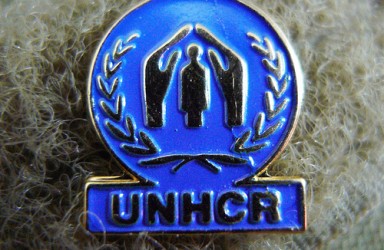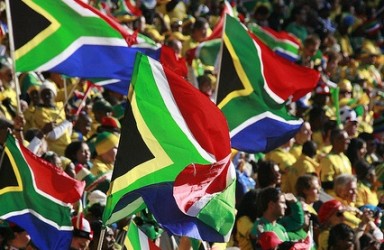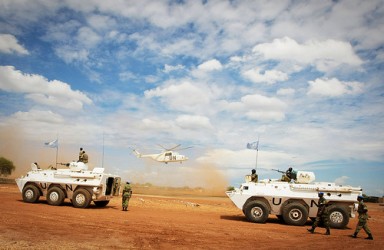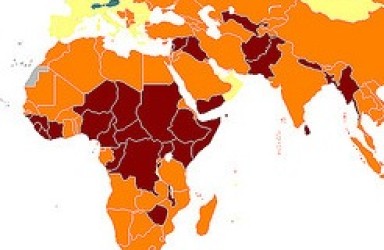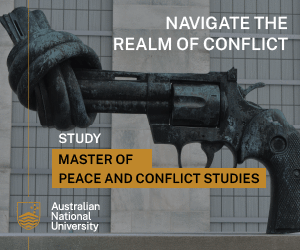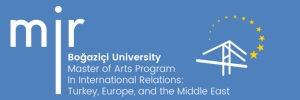Can nationalism be understood as a cause of ethnic conflict?
What is it that makes divisions along ethnic lines salient to forms of opposition that can degenerate into levels of violence as extreme as genocide? What made the peaceful multi-ethnic neighborhoods of Sarajevo turn into battlefields? The short answer is the politicization of ethnicity and ethnic diversity.
The Question of Identity: The EU/Turkey Integration Debate
The eastward expansion of the EU has shown the flexibility of what is European. The future integration of Turkey is the next step towards increasing recognition that the values that unite Europe are indeed universal, and that therefore, European identity cannot be culturally or territorially bounded.
The Functions of Diplomacy
Throughout the course of history diplomacy has been a paramount element in the upkeep of peace and in the creation of positive change. Without diplomacy much of the world’s affairs, and organizations, would not exist. There are many examples of how diplomacy has affected countries, and even individual citizens.
Why are Nuclear Weapons So Appealing to Nation-States in the 21st Century?
In an anarchical system, for large states, indebted to a Cold War strategic culture, nuclear armaments offer the capacity to irrationalise major inter-state war, therefore creating the foundations for great-power peace and stability. Similarly it gives small states the ultimate life insurance, allowing them to defy the preponderance of more powerful nations.
The perilous path of the UNHCR
In the absence of a more autonomous political and resource base for the UN Refugee Agency (UNHCR), there will continue to be a limit in the effectiveness of its response to refugee crises and its ability to check host countries that do not comply with agreements to protect the human rights of refugees.
‘Another false dawn for Africa?’ An assessment of NEPAD
NEPAD is an ambitious project which attempts to deal with a wide range of issues that are crucially important forAfrica’s improvement. This essay will begin with a description of NEPAD and refer to the previous attempts with same objectives. Afterwards, it will discuss the components of NEPAD mentioning the strengths and weaknesses of them.
Who is a South African? Interrogating Africanness and Afro-phobia
The end of Apartheid created the need for a new identity in South Africa. The Post-Apartheid regime thus was always clamoring to bring South Africa back to Africa. Under this pursuit, Africanness became the defining feature of the new identity discourse in South Africa. Simultaneous to this, xenophobia against foreigner Africans emerged potently as a counter-discourse to Africanness.
United Nations Peacekeeping and the Question of Reform
Since the first peacekeeping operation was deployed some sixty years ago, peacekeeping has developed to become one of the most important areas of UN responsibility. The rapid growth of UN peacekeeping has meant that this development has often happened in an ad hoc and relatively unguided manner. As a result mistakes and failures have occurred.
Food Security and Population Growth in the 21st Century
This study examines the relationship between agriculture growth and population growth rates in countries around the world. In particular, this paper seeks to identify the difference in the relationship between population growth and agricultural growth among the following regions: Africa, Asia, Europe, North America, Latin America and Oceania.
Are Failing and Failed States a Post-Cold War Phenomenon?
As security threats have altered from regional instability caused by ‘rogue states’, to overarching security concerns which can come from non-state actors and state-actors alike, actors in the international arena have been urged to shift their attention towards the causes of these menaces; dysfunctional societies.




